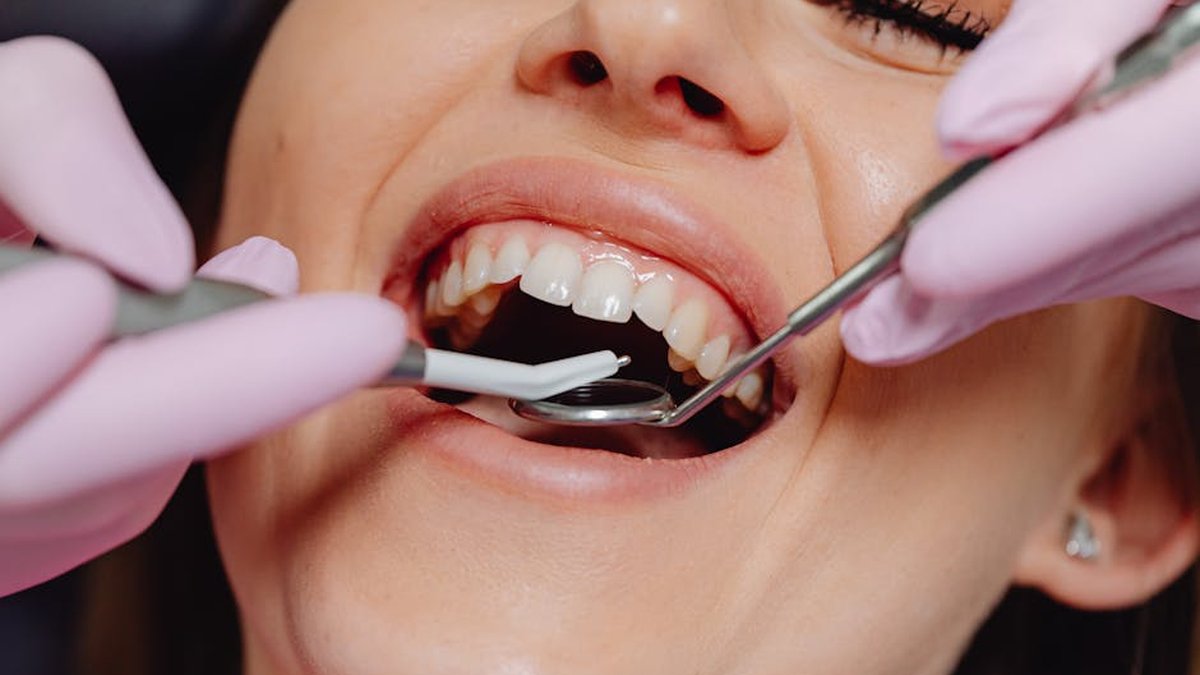We’ve all been there. Standing in the bathroom, staring at the floss, the mouthwash, and the toothbrush, wondering if we really need to do it all. Life gets busy, and sometimes, oral hygiene feels like a chore. But what if you could only choose one? Which one holds the key to a healthier, brighter smile? The age-old debate continues: flossing vs. mouthwash – which one truly matters more? Let’s dive in and uncover the answer together, because your smile is worth it.
Understanding the Roles: Flossing and Mouthwash
To understand which habit might be more crucial, it’s important to understand what each one accomplishes. They’re both valuable tools in your oral hygiene arsenal, but they work in different ways.
Flossing: The Unsung Hero
Flossing is the champion of removing plaque and food particles from between your teeth and along the gum line. This is where your toothbrush bristles simply can’t reach. Think of it like this: your teeth have five sides, and your toothbrush only cleans three. Flossing tackles the remaining two, preventing cavities and gum disease from forming in those hard-to-reach areas.
Without flossing, plaque accumulates, hardens into tartar (calculus), and irritates your gums. This can lead to gingivitis (inflammation of the gums) and, eventually, periodontitis (gum disease), which can cause tooth loss and other serious health problems. So, yes, flossing is kind of a big deal.
Mouthwash: The Refreshing Rinse
Mouthwash, on the other hand, primarily works to freshen breath and kill bacteria in the mouth. Some mouthwashes contain fluoride, which can help strengthen tooth enamel and prevent cavities. Others are designed to reduce plaque and gingivitis. However, it’s crucial to understand that mouthwash is not a substitute for brushing and flossing.
Mouthwash can reach areas that flossing and brushing might miss, offering a broader coverage of your mouth. However, it doesn’t physically remove plaque and food particles the way flossing does. Think of it as the finishing touch – the cherry on top of a well-cleaned mouth.
The Verdict: Which One Takes the Crown?
Okay, let’s get down to it. If you absolutely had to choose between flossing and mouthwash, flossing is generally considered more important for maintaining optimal oral health.
Here’s why:
- Plaque Removal: Flossing is the most effective way to remove plaque and food debris from between your teeth.
- Gum Disease Prevention: By removing plaque, flossing helps prevent gingivitis and periodontitis.
- Targeted Cleaning: Flossing reaches areas that toothbrushes and mouthwash can’t effectively clean.
However, it’s important to note that both flossing and mouthwash play valuable roles in a comprehensive oral hygiene routine.
Creating a Winning Oral Hygiene Routine
The ideal scenario is to incorporate both flossing and mouthwash into your daily routine. Here’s a suggested approach:
- Brush your teeth thoroughly for two minutes, twice a day.
- Floss at least once a day, preferably before bedtime.
- Rinse with mouthwash after brushing and flossing, or as directed by your dentist.
Choosing the right products is also important. Look for fluoride toothpaste, floss that’s easy to use and comfortable for you, and a mouthwash that addresses your specific needs (e.g., fluoride for cavity prevention, antiseptic for gingivitis). Don’t hesitate to ask your dentist for recommendations.
Making it a Habit: Tips for Success
Let’s face it, building new habits can be challenging. Here are a few tips to help you make flossing and mouthwash a regular part of your day:
- Start small: Begin by flossing just a few teeth each day and gradually increase the number.
- Make it convenient: Keep floss and mouthwash in a visible location, such as on your bathroom counter.
- Pair it with an existing habit: Floss or rinse after brushing your teeth.
- Reward yourself: Give yourself a small treat after consistently flossing or rinsing for a week.
Remember, consistency is key. Even if you only floss or rinse for a few minutes each day, it’s better than nothing.
Beyond the Basics: When to Seek Professional Help
While flossing and mouthwash are essential for maintaining good oral health, they’re not a substitute for regular dental checkups. Visit your dentist at least twice a year for professional cleanings and examinations.
If you experience any of the following symptoms, schedule an appointment with your dentist as soon as possible:
- Bleeding gums
- Persistent bad breath
- Loose teeth
- Receding gums
- Pain or sensitivity in your teeth or gums
Ultimately, the choice between flossing and mouthwash isn’t about choosing one over the other. It’s about understanding their individual roles and integrating them into a comprehensive oral hygiene routine. Flossing cleans where brushes can’t, and mouthwash adds an extra layer of protection. By making both habits a priority, you’re investing in a healthier, brighter future for your smile – and that’s something worth smiling about. So, pick up that floss, grab that mouthwash, and give your mouth the love it deserves. You’ll thank yourself later!






2 thoughts on “Flossing vs Mouthwash — Which One Matters More?”
Comments are closed.